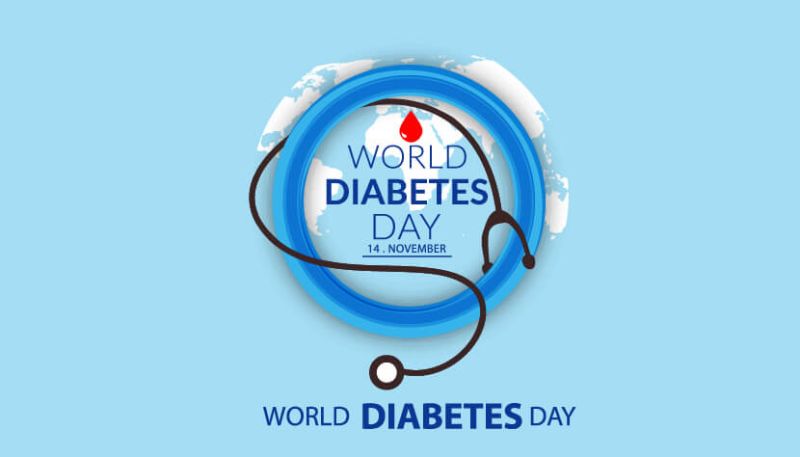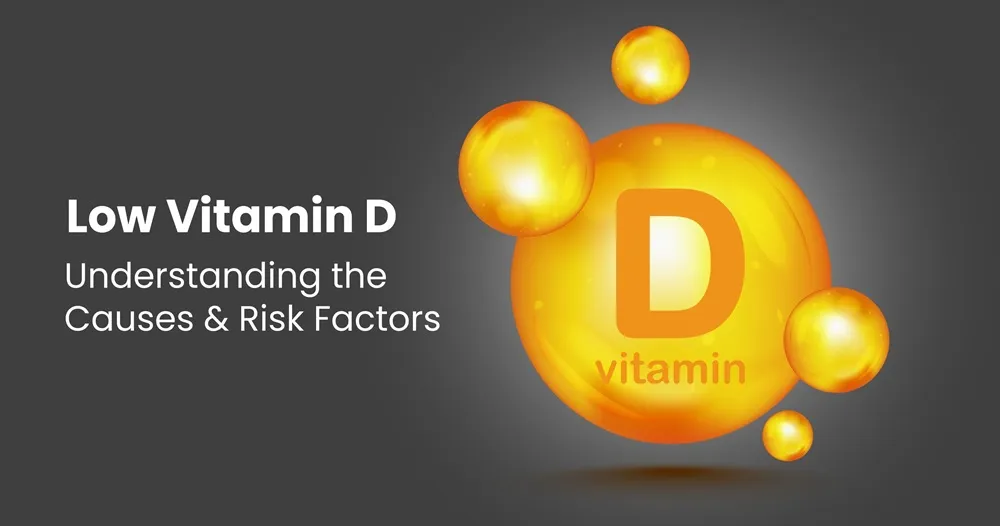World Diabetes Day
Nov 14, 2021

What do we know about Diabetes and how can easy accessibility to insulin help in overcoming this disease? Visit our blog to know more. To book an appointment call 9205478479 or visit https://www.apollodiagnostics.in/
As we inch closer to a century since the discovery of Insulin, it is shocking to know that there are still 1 in 10 adults around the globe estimated to have diabetes, which roughly sums up to 460 million people. To this day there are patients who have trouble accessing the resources to tackle diabetes, which lead to the theme for this World Diabetes Day to be easy accessibility to all.
If not now? When?
A simple statement talking about the need of adequate medical attention to tackle such a problem. Diabetes is a disease that occurs when the blood glucose, also known as blood sugar in your body is too high. Glucose is the primary source of energy for the body to function properly and Insulin, which is a hormone produced by the pancreas, ensures that it reaches every cell in the body.
If the body doesn’t produce enough Insulin or there is an inadequate usage of Insulin, then the glucose does not reach your cells and remains in the blood. High blood sugar that is left untreated can be harmful and lead to damage to the nerves, eyes, kidneys, and several other organs.
and several other organs.
Research shows that they are four types of Diabetes namely: -
- Type 1 Diabetes: Around 10% of Diabetics have this condition where their immune system attacks and destroys cells in the pancreas, where insulin is produced. Although, the cause of such an attack is still unclear.
- Type 2 Diabetes: Here the body becomes resistant to insulin and sugar builds up in your blood.
- Prediabetes: The blood sugar levels are higher than normal, but not high enough for type 2 diabetes diagnosis.
- Gestational Diabetes: This type of Diabetes happens to women during pregnancy when the placenta produces insulin-blocking hormones.
- Diabetes Insipidus: A rare condition where the kidney removes too much fluid from the body.
Early signs of Diabetes: -
- Sudden weight loss
- Extreme fatigue
- Increased hunger and thirst
- Frequent urge to urinate
- Erectile dysfunction
- Urinary tract infection
- Dry and Itchy skin
Means to tackle Diabetes: -
- Type 1 Diabetes: Insulin that is injected externally replaces the hormone your body can’t produce. There are four types of Insulin, and each vary based on how quickly they start to work and how long their effects last.
- Rapid-acting Insulin – Works in 15 minutes and lasts for 3 to 4 hours.
- Short-acting Insulin – Works in 30 minutes and lasts for 6 to 8 hours.
- Intermediate-acting Insulin – Works in 1 to 2 hours and lasts for 12 to 18 hours.
- Long-acting Insulin – Works after >2 hours and lasts for 24 hours or longer.
- Type 2 Diabetes: Simple diet changes and exercises can help people manage this type of diabetes, although medication should be prescribed if this doesn’t lower the blood sugar levels in the body. Some patients with type 2 diabetes also take insulin.
- Gestational Diabetes: Monitoring your blood sugar levels regularly in a day during pregnancy is vital. Dietary changes and exercise are recommended but insulin can be prescribed as it is safe for the growing baby.
Through timely check-ups and lifestyle changes such as regular exercise, a diabetic patient can notice dramatic change in their blood sugar levels and accessibility to insulin can make a huge difference in tackling this disease and help millions overcome this problem.
Related Blog Post
Blog Categories
- Child Health
- Mens Health
- Women's Health
- Mental Health
- Health Myths & Facts
- Fitness
- Nutrition/Recipes
- Remedies
- Weight Management
- Stress Management
- Health Supplements
- Addiction Management
- Disease Management
- Allergy
- Anemia
- Arthritis
- Asthma
- Autoimmune Diseases
- Blood Pressure
- Cancer
- Deficiencies
- Dengue/Malaria/Chikungunya
- Diabetes
- Eye Problems
- Heart Diseases
- Hepatitis
- HIV/AIDS/STD
- Hormonal Imbalance
- Infection/Flu/Viral
- Kidney
- Liver
- Menstrual Problems
- Pregnancy
- Skin & Hair Problems
- Stomach Ailments
- Thyroid
- Others
- Health Checkups
- Diagnostics/Pathology
- Lifestyle & Wellness
- Covid
- Medical Tests
- Cholesterol
- Health Tips
- Parent Care/Old Age
- Lungs
- Food Intolerance







